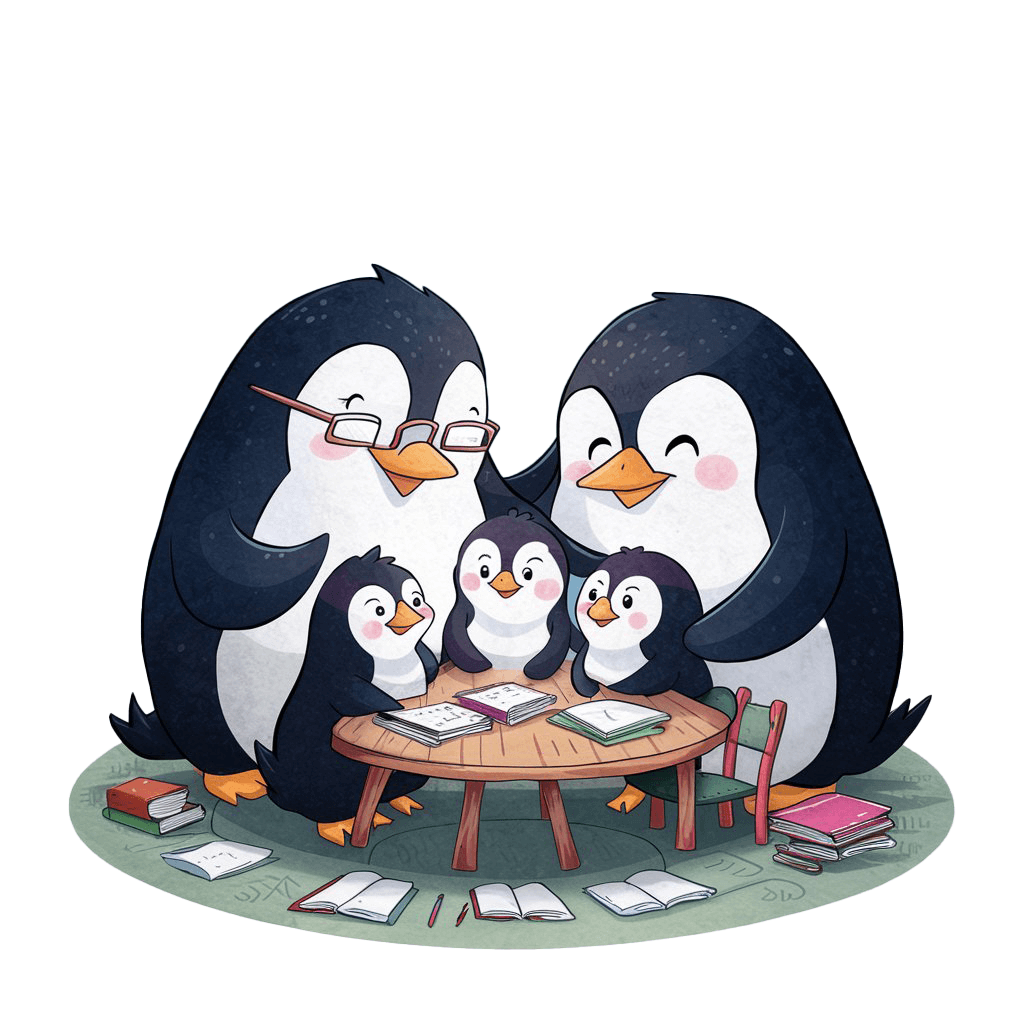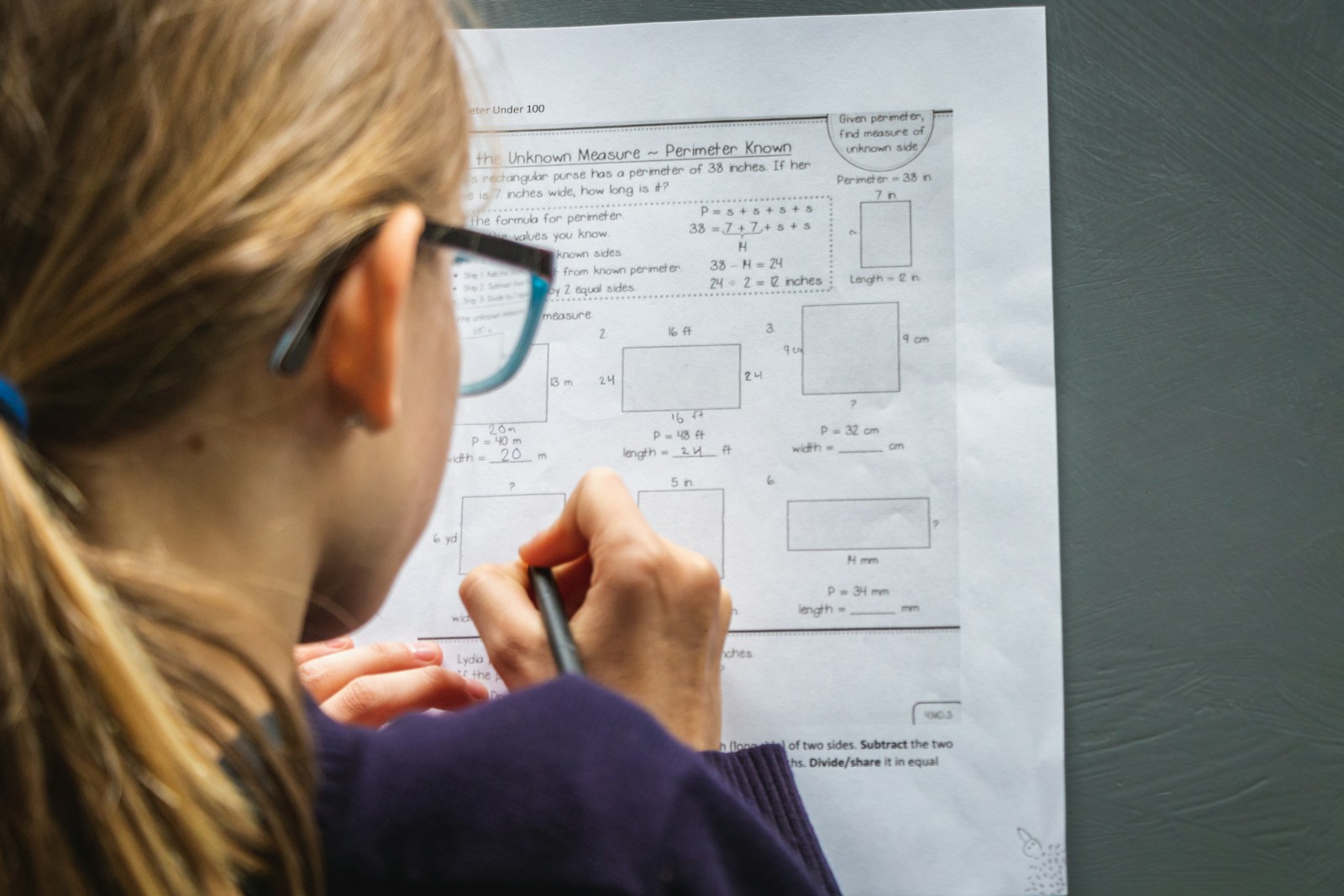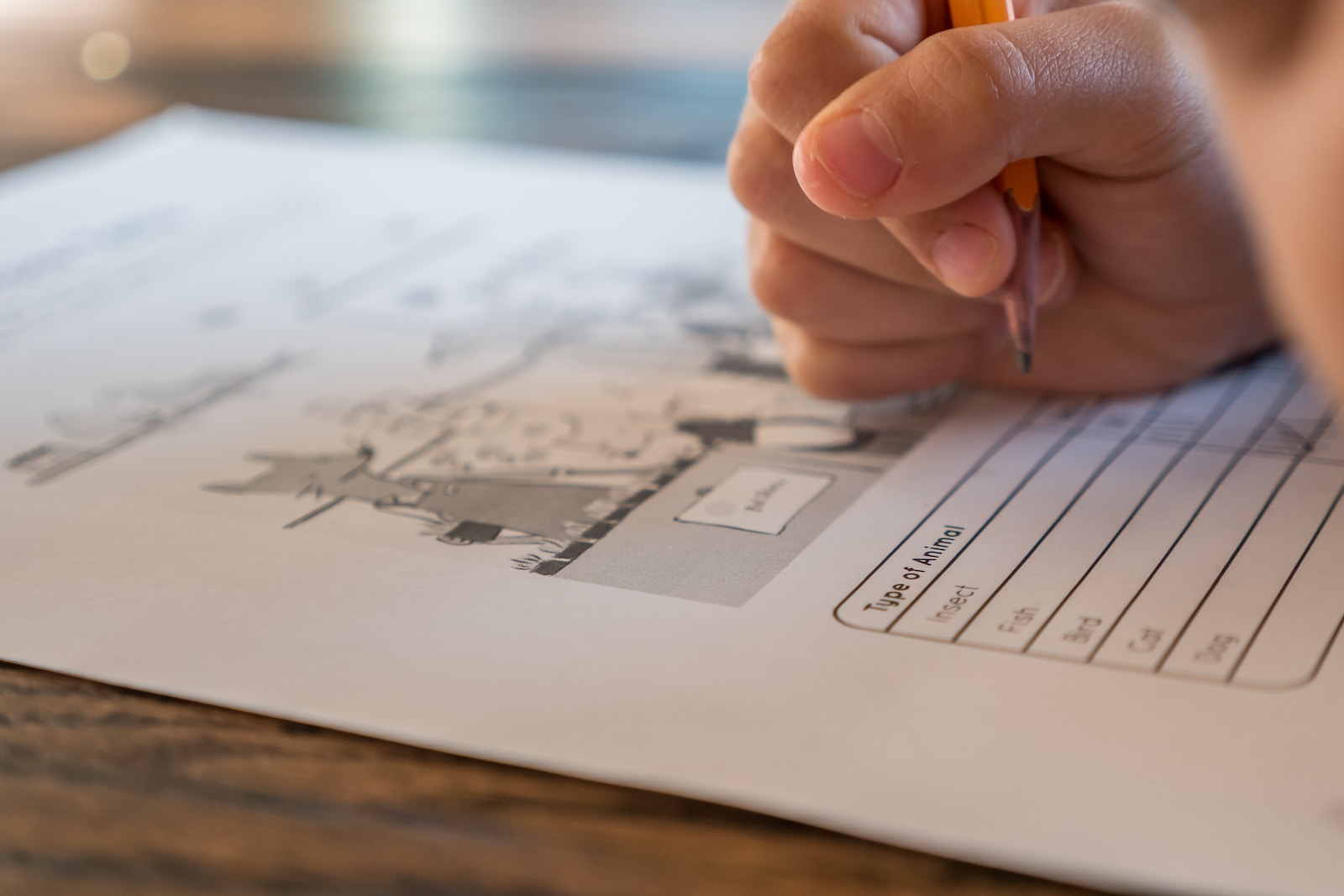
Why use documentaries in home-ed lessons?
Encouraging homeschoolers to sit down and watch TV sounds counterproductive but if what they’re watching is entertaining enough to pass as TV, if the content of what they’re watching is informative about something you’d like them to explore (a subject/topic), watching TV becomes a lesson homeschoolers will enjoy.
- Documentaries are a great way to encourage learners to practice active listening skills – focusing on what’s being said with the intention of understanding it. Focused listening helps learners to retain that information. In the classroom, a documentary is a tool to teach academic skills (note taking, active listening), provides the knowledge aspect of the lesson objective (learning about ‘the Pyramids/Frogs/etc and is great listening practice.
- If the documentary is/is based on a subject they chose the learner is actively, curiously engaged with the content before they start watching. Instead of being focused they’ll be attentive – when we pay attention, we learn.
- Not all students can learn from reading books, or listening to information being taught to them – documentaries can be a brilliant learning resource for students who are visual learners.
Learners who struggle to recall information taught using text-based resources (ie. from something they’ve read) but can remember movie scripts from films they last watched a year ago, are likely visual learners. This can look like inattention or lack of focus, but not being able to recall information after reading it is often unrelated to how much attention the pupil paid to the text while reading it. The brain processes information differently depending on how we receive that information. Visual learners will always find it easier to remember information after seeing it. Documentaries are a useful teaching tool as an alternative to reading/writing, listen/learn lessons for visual learners.
- Practice note-taking while watching
Home education gives you the flexibility to combine soft skill lessons like ‘note taking’ with other subjects (instead of teaching as a separate skill lesson). Documentaries are a perfect tool to facilitate note-taking practice.
Being confident note-takers helps students learn more efficiently and note-taking while studying can build up a useful personal revision guide home learners can refer back to.
For home educators planning to include documentaries in home-ed lessons, Curiosity Stream is an excellent subscription option.

Curiosity Stream has thousands of documentaries to choose from – all of the documentaries are n-fictional and in some way, educational. A membership to Curiosity Stream also gives access to Da Vinci Kids, an excellent TV channel for homeschoolers to delve into.
Tips for using documentaries in home-ed lessons
Pause and re-watch
Remember that with online video tutorials, students have the ability to pause and replay. Pausing the documentary as they watch and rewatching to clarify facts or quotes allows the learner to enjoy the documentary without trying to ultra-focus. They know they can rewind to write down dates/figures/names etc.
Being able to pause is also useful for note-taking. The more documentaries you use in your homeschool, the more adept your homeschoolers will become at note-taking the first time around but pausing allows them to develop confidence in note-taking without any pressure and allows them to take time to make better notes overall.
Write out topic questions to think about while watching/listening
- true /false statements
- data to enter/fill in the blanks text to complete
Read through the questions before watching the video
- introduce/recap vocabulary and previous subject knowledge
- ask homeschoolers to copy out the questions, practicing the vocabulary spelling/repetition of the new words
Encourage homeschoolers to take notes /ask to pause the documentary
If the language is complex, slowing down the playback speed can make the lesson easier.
Documentaries we’ve enjoyed recently
- Everything David Attenborough – from climate change to nature appreciation, to encourage young learners to appreciate the natural world and contemplate our impact on it, there really is no greater presenter.
- My Octopus Teacher – fascinating and inspiring
- The Biggest Little Farm – topical for us as we made a move towards small homesteading; great for discussion about the practicalities of sustainable living
- The Mars Generation – watched as part of an ongoing ‘Space’ project. Inspirational & fun.
- Apollo 11 – again space based; a deeper look into the preparation that goes into sending astronauts into the cosmos.
- Babies – a gorgeous documentary! Brilliant for looking at how different people live different and yet strikingly similar lives all around the world.
- March of the Penguins – Morgan Freeman’s narration is perfection. This is a documentary that watches more like a film so may appeal to reluctant documentary viewers.
Children are capable of grasping concepts far more complex than we might expect them to. Documentaries, Ted Talks and similar video media are accessible ways to introduce concepts that might be too big for the homeschooler to fully grasp. Brian Cox documentaries are a good example of this.
On the surface, The Planets and Adventures in Time and Space might seem too complicated, too adult-oriented – for children to understand; the concepts are vast and a lot of the language is technical. Watching alongside with home learners allows them to pause and answer questions, and you to pause and ask questions to gauge their understanding. Even if they don’t understand it all, they’ll grasp the concept of the documentary and will often understand more than you’d expect them to.
Home education in 2023 will (almost) inevitably include online tutorials in some shape or form.
Learning in this way is different to listening to a teacher in a class: If the tutorial doesn’t engage – because of the video format or the content of the lesson itself – it’s easy for learners to zone out. In a classroom, when a pupil zones out the teacher notices. With non-interactive forms of learning, there isn’t a teacher to notice the pupil has stopped engaging. Teaching learners how to actively watch, listen and learn at the same time can help them maintain focus (without a teacher) even if the content of the tutorial isn’t that exciting.
Use video-led lessons as a break from class
Documentaries are perfect activities to keep homeschoolers learning on days when someone feels under the weather or isn’t in the mood for ‘school’. Keeping a watch list of documentaries is a useful addition to a homeschool grab-and-go lesson list.



